Table of Contents
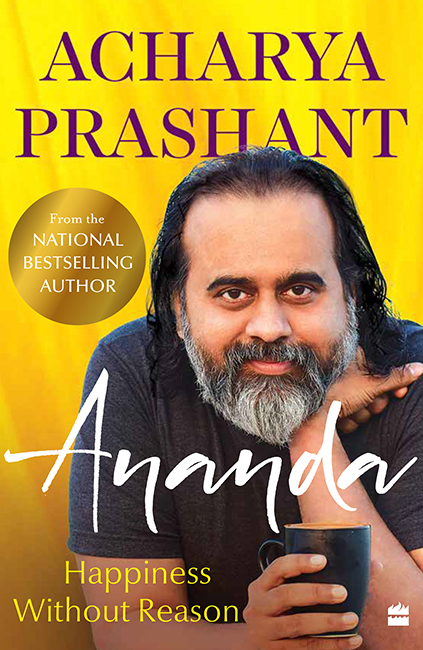

Contents
Part I
Ananda Is Contentment in Which Happiness Is No Longer Needed
Part II
Peace Is the Desire Behind All Desires
Part III
What do the Scriptures Say?

This book was spoken first and written later.
As a Vedanta philosopher and teacher, Acharya Prashant has been interacting with diverse audiences for over a decade. Though the questioners come from varying backgrounds, each of these interactions is usually in the form of a question that the teacher responds to. The length of each such interaction varies from ten minutes to as much as an hour. Every chapter of this book is essentially based on one such interaction. This means that each chapter, though coming from a single centre, exhibits the response of the speaker to very different people and their peculiar life-queries. The questioners are spaced apart across years, continents, genders, and everything else that makes a human being distinct from the other. As a result, the readers get an enriching kaleidoscopic perspective as they go through the range of human conditions, confusions and questions all related to a certain want of inner clarity, peace and joy.
What is that one fundamental thing for which we go about toiling all our lives sacrificing, negotiating, scheming, praying? Very intuitively we might answer happiness. But do we really know what happiness is? Are we always clear on what makes us happy? And if everybody wants happiness, what is the source of all the misery in our lives?
There is no dearth of literature on happiness, both in material and spiritual circles, claiming to answer the fundamental questions about happiness. However, most of these works paint a fuzzy image of happiness, beautiful in words but generally not useful. The more divine the words, the more unattainable the happiness they point to.
As the readers go through the first few chapters of this book, they realize how they might have been blindsided by the usual pursuit of happiness. Acharya Prashant brings down this seemingly holier than thou pursuit to a level field. The reader gets to see happiness as an ornamental sculpture in the backyard of sadness, just pleasure in play with pain. Saddened by this duality-stricken drama of life, man is constantly on the lookout for happiness that is unconditional, without reason. This happiness without reason is classically called Ananda or Joy.
Each chapter in the book follows a line of enquiry initiated by seekers about the trials and tribulations they encounter in their daily lives - petty to profound. The questions revolve around human experiences like pleasure, pain, laughter, excitement, peace and contentment. The discussion that follows is often ruthless in the sense that it shatters common misconceptions about happiness, sadness, and related jargons like loving unconditionally and living in the present. The latter chapters of the book draw heavily from Vedantic seers and celebrated saints. Touching upon deeper questions on pure Joy, these chapters reveal to the readers something immense: they already have what they are looking for. Although, reveal might be an oxymoron how do you reveal something that is the default? And if one already has it, how does it remain veiled?
A word of caution: Because of the vast differences among seekers and their queries, the responses of the teacher too are customised and not standardised. At some places, therefore, the responses in one chapter may be apparently contradictory to the responses in another chapter. We hope that our discreet readers will be able to appreciate the differences as various roads leading to the same core.


 IF YOU WANT TO PLEASE YOURSELF, FULFIL YOUR DEEPEST DESIRES, NOT THE FLIMSY ONES. YOU WANT TO LOVE, AND YOU WANT TO LOVE THE HIGHEST. THATS THE REAL PLEASURE THAT YOU WANT. SO, FIRST OF ALL, BECOME CAPABLE OF LOVING THE HIGHEST, AND THEN FALL IRREVOCABLY IN LOVE.
IF YOU WANT TO PLEASE YOURSELF, FULFIL YOUR DEEPEST DESIRES, NOT THE FLIMSY ONES. YOU WANT TO LOVE, AND YOU WANT TO LOVE THE HIGHEST. THATS THE REAL PLEASURE THAT YOU WANT. SO, FIRST OF ALL, BECOME CAPABLE OF LOVING THE HIGHEST, AND THEN FALL IRREVOCABLY IN LOVE. 
Listener: Sir, please explain the futility of chasing bodily pleasures. Looking back, my love for pleasures has always been above everything. There is a very strong feeling of missing out when I dont act on my urges.
Acharya Prashant: Futility does not lie in chasing pleasures. Futility lies in chasing futile pleasures. Do your pleasures really succeed in pleasing you? It doesnt look that way. Have you ever really been pleased by anything? What kind of pleasures are you talking of then? Why should you even call them pleasures? Call them illusions.
Being a pleasure-seeker is your natural state. Man, for substantial reason, has been called a manifestation of Joy. Have you seen all these sannyasis from various orders? They address themselves with names such as Turiya Ananda, Atma Ananda, Brahm Ananda and Keval Ananda. There is one thing common in their names: Ananda. Have you never wondered why all of them necessarily have the term Ananda in their names? It doesnt matter what comes before that word; even after everything, Ananda remains.
So, it is all right if you love pleasure. Ananda is something that you must love. It is the holiest thing to love. Being a pleasure-seeker is an act of piousness. But we are not pious people. Why? Not because we seek pleasure, but because we hate pleasure. What is it to be a pleasure-hater? It is to be a chaser of incomplete pleasures. Do not say that you are satisfied by momentary pleasures; instead, state that you hate eternal pleasure and that is why you are gratified by momentary pleasures.
Had you really been a lover of pleasure, why would you make peace with these trivial things that you call pleasurable? Some psychedelics, some drugs, some excitement, some women, some boozethat is your pleasure, right? High-speed driving, somehow managing a room in a posh hotel, walking into it with a womanthat is what your definition of pleasure is. How does the bedsheet look after the night? How is the morning after the rampage? How does the bottle look now? What does it give you the next day but a hangover? You call that pleasure?
After five minutes of sex, you turn your back to her and start snoring and she starts farting. Is that pleasure? Seriously? Moreover, after all the orgasmic heights, you rush to the washroom and she hears the flushing of the water in the toilet. What pleasure are the two of you getting? Soon after, you come back and crash like a log, and the next morning your mouth is stinking. Is that pleasure? Broken beer bottlesis that pleasure? Merry made on somebody elses moneyis that pleasure?
I am not denigrating it on moral grounds; I am disparaging it on the basis of its sheer incompleteness. It does not give you pleasure. I am not against your pleasures; I am against your hollow pleasures. Why dont you chase the highest pleasures? Why not? Yes, life has to be pleasurable. So why not aim for a higher pleasure? Why must you seek the lowest kind of pleasures, and that too when you know that they dont succeed in fulfilling you?
Remember who you are. Once consciousness is out of you, you are nobody. They will not even keep your ashes. Dogs will dig your bones, if any remain. So, remember who you are. Had you just been the body, why would they have buried you in the ground, or burned your body?


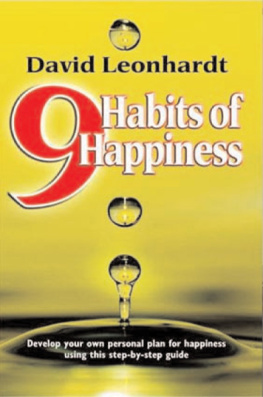
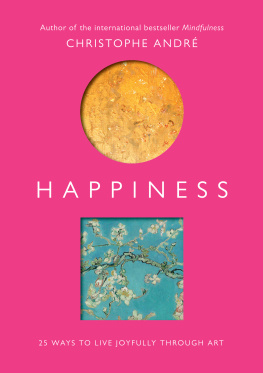
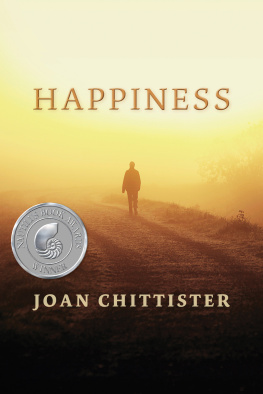
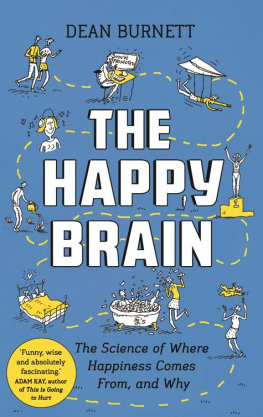
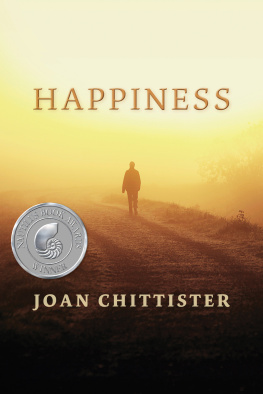
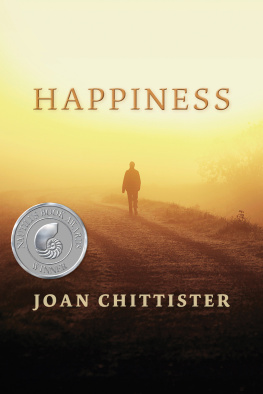
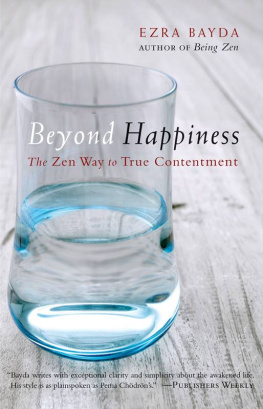
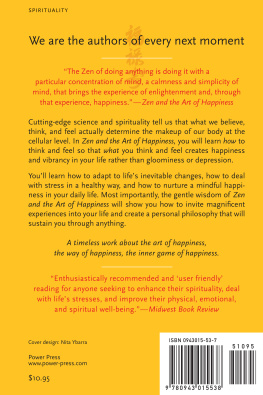




 IF YOU WANT TO PLEASE YOURSELF, FULFIL YOUR DEEPEST DESIRES, NOT THE FLIMSY ONES. YOU WANT TO LOVE, AND YOU WANT TO LOVE THE HIGHEST. THATS THE REAL PLEASURE THAT YOU WANT. SO, FIRST OF ALL, BECOME CAPABLE OF LOVING THE HIGHEST, AND THEN FALL IRREVOCABLY IN LOVE.
IF YOU WANT TO PLEASE YOURSELF, FULFIL YOUR DEEPEST DESIRES, NOT THE FLIMSY ONES. YOU WANT TO LOVE, AND YOU WANT TO LOVE THE HIGHEST. THATS THE REAL PLEASURE THAT YOU WANT. SO, FIRST OF ALL, BECOME CAPABLE OF LOVING THE HIGHEST, AND THEN FALL IRREVOCABLY IN LOVE. 